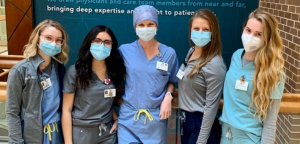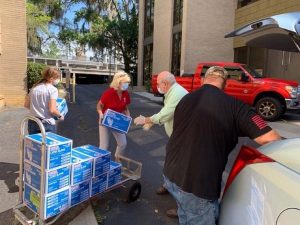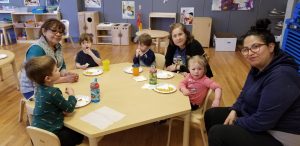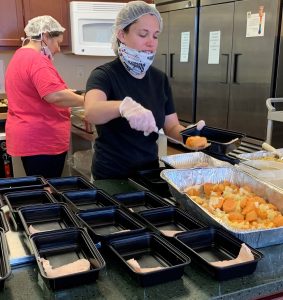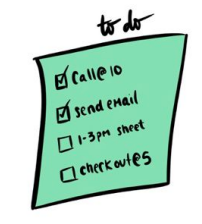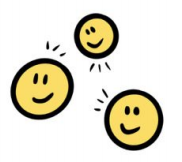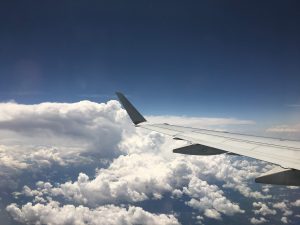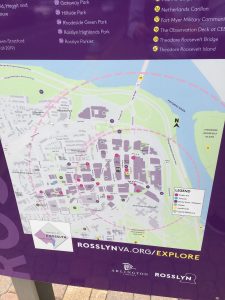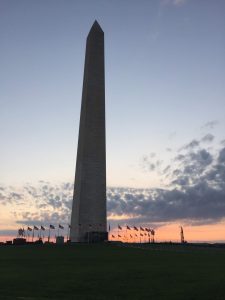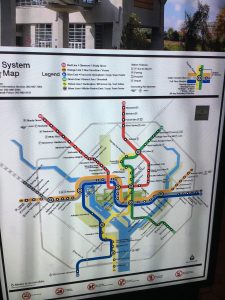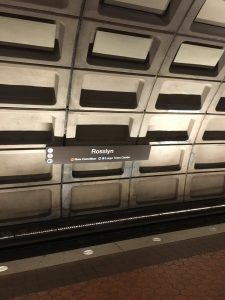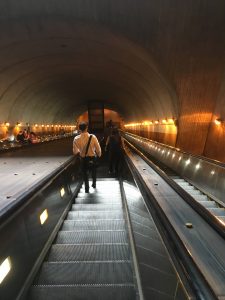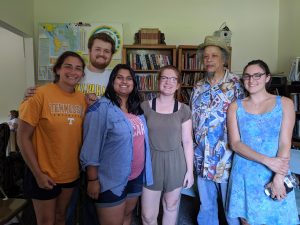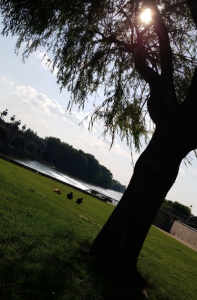As I write this blog post, my parents are having a conversation about what my family is going to grill on Saturday to celebrate our nation’s independence, my sister is outside working on her tan so she can get the perfect Instagram picture, and I have a countdown ticking away on my phone to when Hamilton drops on Disney+. My life probably mirrors many other lives across the United States today; people are changing their Fourth of July plans to fit the restraints of the pandemic and wrapping up their work for the three-day weekend, but there is one major difference. I cannot stop thinking about the millions of people in camps across the world who are anxiously awaiting approval to seek refuge in a country like the United States.
I am not trying to get political, but I am going to state a few facts that I have learned so far during my time with Heartland Alliance.
First, a refugee is anyone who is forced to flee their home country due to persecution of their identity (political beliefs, religion, sexual orientation, etc.) or danger from war. There is also a growing number of people being forced from their home country due to famine, natural disasters, or flooding caused by climate change, but the United States does not recognize climate change as a valid reason for seeking refuge. In any case, no one wants to leave their home, family, friends, life, language, culture, and memories behind, but the only other choice a refugee has is death.
Second, the number of refugees accepted by the United States has drastically diminished since the current presidential administration took office. In FY 2016, the United States accepted roughly 110,000 refugees. In FY 2020, there was a hard cap placed at 18,000. To put this into perspective, 18,000 refugees is less than 0.5% of the total refugees resettled in a different country each year. This means more than 99.5% of refugees (not people waiting in the camps, but 99.5% of people actually granted refugee status) are sent to a country other than the United States.
Lastly, the refugee application and approval process is extremely complex. When the process was explained to me, a native English speaker nearing the end of his college education, I was getting lost in all the agencies involved, steps that have to be taken, terminology associated with the topic, and could not even begin to imagine how hard it would be for someone who does not speak English or is not familiar with the United States’ government. Not only is the process complicated, it is also very time-consuming. On average, a refugee waits 17 years to be accepted into the United States. 17 years. Let that sink in. You could even say that a mother simply seeking safety, food, and shelter for her newborn child faces harsher vetting than the President of the United States.
Those facts, along with stories some of the refugees have shared, have shown me a side of our country and the world that I had not previously known.
While you sing or listen to the words “the rocket’s red glare, the bombs bursting in air, gave proof through the night that our flag was still there,” please take a moment to truly listen to those words and think about what they mean for our country. The rockets and bombs gave us hope almost 250 years ago, but rockets and bombs are currently doing the very opposite on the other side of the world. They are destroying villages and ripping families apart. Still, the United States appears to forget our history and origin. The Revolutionary War ended with a victory for the colonies and gave birth to a country that was welcoming to most people (it would be unfair of me to say ‘all people’ and ignore the racism and sexism that was, and still is, present in our country) who wanted to escape oppression and authoritarian rule. What happened to our country that was founded by immigrants – dare I say, refugees – looking for safety and a new start? What is different about the persecution, oppression, war, and utter disregard for human dignity the people in refugee camps faced in their home country? Oh, that’s right. Our country has the privilege to have that be a part of our past. We can forget. The refugees cannot.
Happy Fourth of July.
